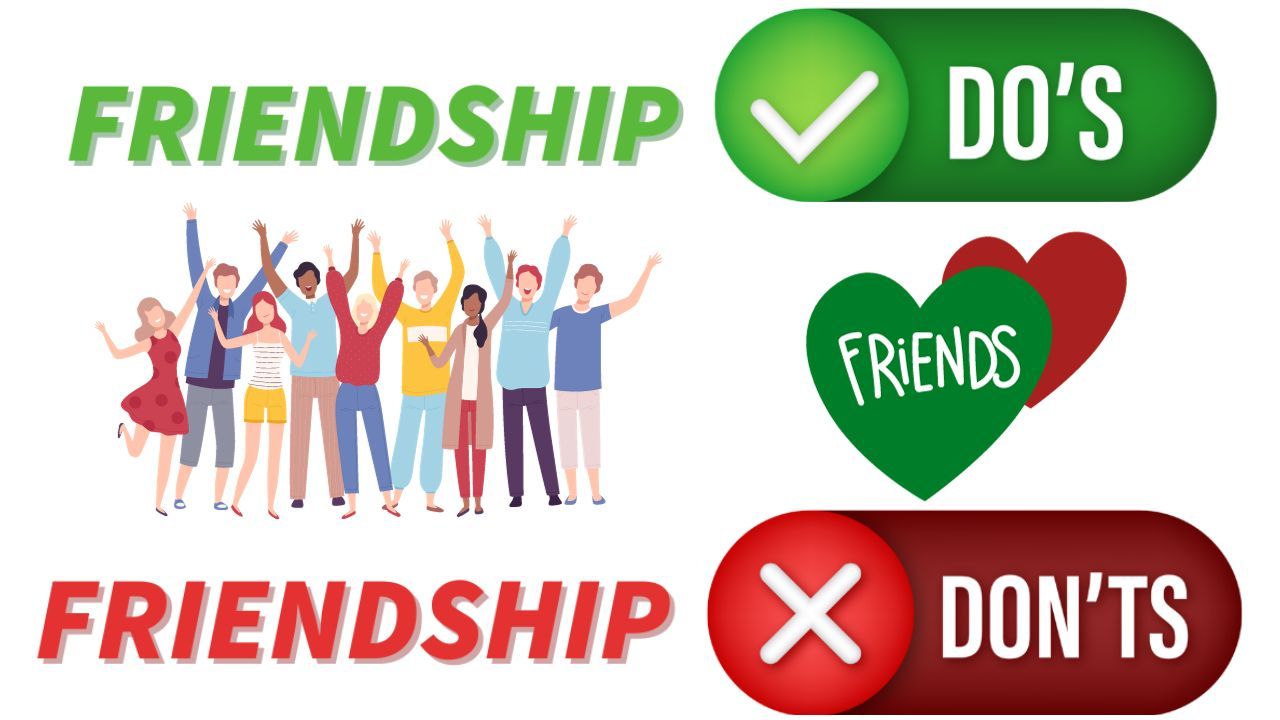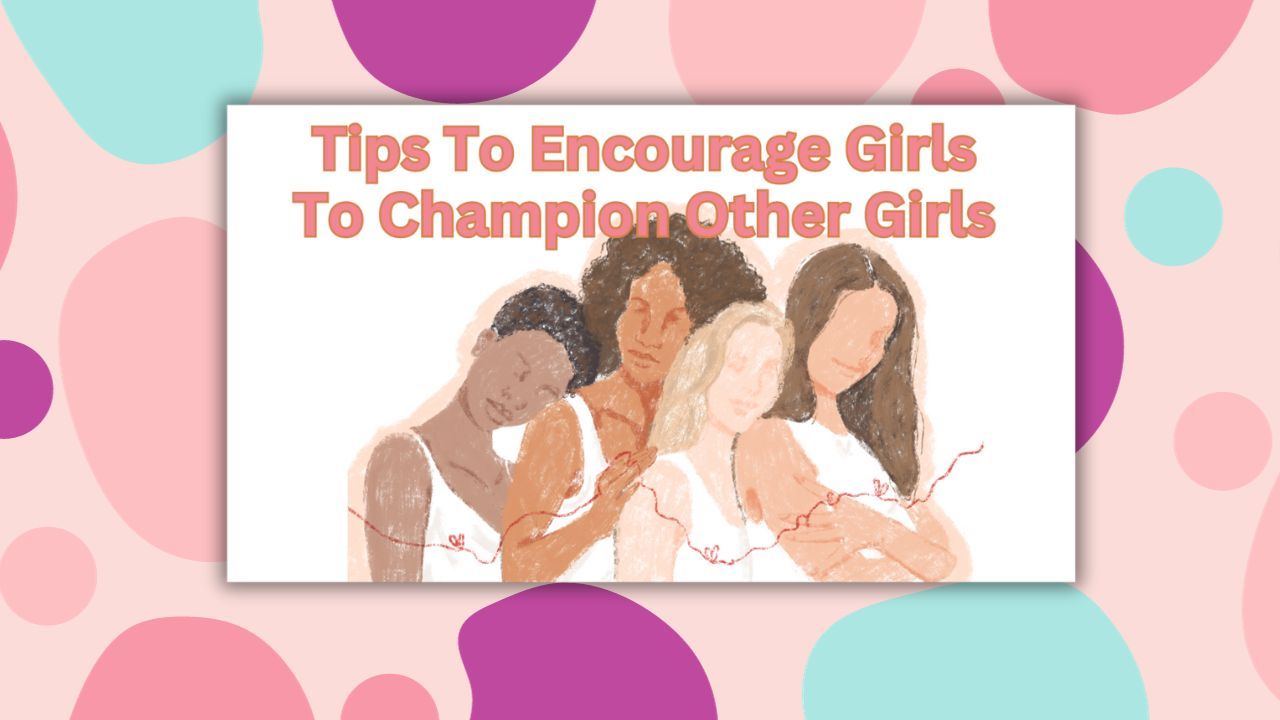The Brave Girl Project Blog
Helping tween and teen girls—and their parents—navigate friendship challenges and build confidence. Find the tools and resources you need to support your daughter and empower her to live bravely.
It can be so hard for our daughters to navigate through the ending of a friendship.
Recently, a client shared her struggles with the ending of a friendship. This young girl finds herself grappling with a whirlwind of emotions: grief, anger, frustration, and confusion, all while sharing a classroom ...
This past week has been filled with enriching experiences aimed at fostering a supportive environment for our children and students. I had the privilege of participating in various workshops and presentations emphasizing the importance of nurturing positive relationships and addressing anxiety in ou...
One thing you may not know about me is that I love to learn.
I am surprised by my love of learning as I was not an eager student in high school, but today, I am excited to participate in the SPACE Program training with the Yale Child Study Center led by Dr. Eli Lebowitz. SPACE stands for Supportive...
I understand firsthand the challenges of supporting our daughters through rejection, friendship drama, and their journey to find their people.
Research indicates that parents often experience their children's emotions deeply, which can be especially true when daughters face friendship challenges. I...
In our ongoing discussions about fostering healthy friendships for our daughters, let's delve into one of my favorite analogies that I use with girls.
Picture a scale that exists in relationships with your daughter on one side of the scale, and as she interacts with other people, the scale can go u...
As I celebrate another year of life, I find myself reflecting on the past, particularly a poignant memory from my 13th birthday. Turning 13 marked a significant milestone, and I couldn't wait to celebrate with my friends.
Many parents ask me for advice on supporting their daughters through the emotional turmoil of friendship troubles.
One common question arises: "Should I contact the girl's parents who are being mean to my daughter?"
I understand how confusing and upsetting it is when our daughter's experience hurt...
We all have those moments when our minds seem stuck in a never-ending loop, like a hamster running on a wheel.
Recently, I have found myself on a hamster wheel replaying a problem repeatedly, and I have noticed I am not alone, as many of my coaching clients are also stuck on their own hamster wheel...
Were you ever part of the Girl Scouts?
I was and absolutely cherish the opportunities to engage with different troops. I have the privilege of working with remarkable Girl Scout troops and focusing on the importance of recognizing how relationships can have a powerful impact on us and the value of ...
Friendships, as beautiful and fulfilling as they can be, are not always smooth sailing. We've all encountered the stormy seas of misunderstandings, conflicts, and the inevitable ups and downs of maintaining meaningful connections.
In 2016-2017, ROX Institute's Girls Index Survey found that a stagge...
In the last blog, we began a journey to help our daughters overcome shyness and anxiety in social situations. We explored the beliefs and assumptions that often contribute to these feelings. Today, we're delving deeper and providing strategies to change those anxiety-provoking thoughts.
Questions F...
Parents often ask me how they can help their shy daughters make friends. When I am asked this question, it makes me think of my younger self. One thing you may not know about me is I was a shy girl growing up. I often worried about what other people thought of me and if people would like me.
I unde...


















